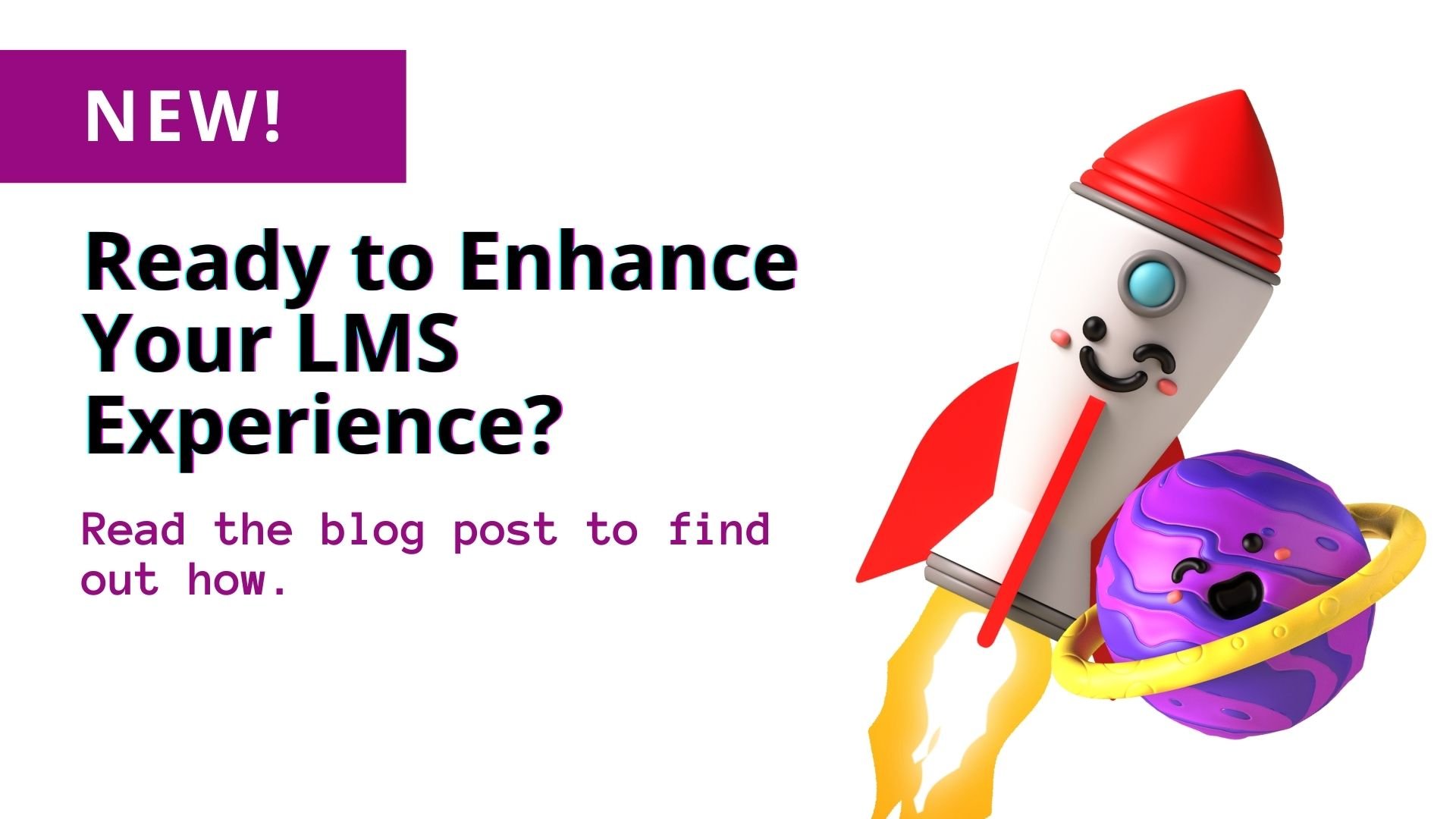In the workplace, informal learning is by far the most common form of learning. According to PB Pressbooks,
“70% of learning occurs through informal or on-the-job learning; 20% through mentoring and other specialized developmental relationships; and the remaining 10% through formal learning including course work and associated reading.”1
With these statistics in mind, leaders should ensure corporate learning programs contain a fair amount of informal learning, as that is how employees are most accustomed to acquiring knowledge. Informal learning can result in highly skilled, productive, satisfied employees.
What is Informal Learning?
Informal learning, or social learning, is exactly what its name implies: learning that happens in an unstructured, casual, social manner. It is learning that is “caught” as opposed to “taught.” Imagine, for example, a traveler who learns a foreign language by being immersed in a new culture, not by going to an intensive language school for several weeks. The formal approach to learning a language would have had a degree of effectiveness, but probably not as much as the informal, organic approach. The same principle applies to corporate learning programs.
A well-rounded corporate learning program includes elements of organized learning and informal learning. But many organizations do not integrate informal learning with corporate training. The OECD Skills Outlook 20212 explained:
- 4 out of 10 highly educated adults don’t participate in formal or non-formal learning.
- About 8 out of 10 low-educated adults don’t participate in formal or non-formal learning.
- During the lockdowns in 2020 and 2021, 25% of hours of adult informal/on-the-job learning were lost.
Because many workers had or have to work remotely in accordance with their company’s COVID-19 protocols, they missed out and are continuing to miss out on informal learning that happens naturally in a social work setting. Thankfully, informal learning can be weaved into a remote training program and benefit a dispersed workforce.
5 Benefits of Informal Learning for Employees
Ninety-eight percent of organizations have moved most in-person corporate learning classes online; 43% have created new eLearning resources for the post-COVID world, a contributor to Corporate Learning Network explained.3 Because informal learning is second nature and highly beneficial to learners and organizations, it’s important that L&D pros include it in corporate learning programs.
Here are five benefits of informal learning:
- It has fewer rules than traditional learning and tends to be more fun and engaging for learners. This can improve knowledge retention and ultimately provide companies with a better ROI for their training investment.
- It promotes collaboration between peers. This increases productivity, network sharing, and creativity, as well as saves time.4
- It can be more fulfilling for learners. “As adult learners, we want autonomy and control. With informal learning, we are in full control of what we are exploring and learning,” explained Asha Pandey, contributor to eLearning Industry.5
- It boosts drive and focus for some learners as it is self-paced, not structured. To those who are motivated by self-paced learning, this is a huge incentive.
- It facilitates knowledge retention when it is properly spaced.6 Not all learners will space training sessions for themselves, but rather rush through them. Administrators may want to place informal learning segments, such as videos or microlearning nuggets, strategically on an employee’s online learning path. This would give workers the opportunity to learn at their own speed, yet one that is not too fast.
Another benefit of informal learning is that it can be adopted by anyone, no matter what their work culture is like. “Informal learning is not restricted to any particular level and applies to everyone regardless of their position in the company.” stated the blog article Why Employees Need Informal Learning Experiences in the Workplace.7 “It is also not bound by experience as even the most learned people need to learn new things to stay abreast with the changes in the industry.”
Moreover, informal learning can be adopted even in remote work settings with the help of tech tools, such as LMS employee training software. This ensures employees always have resources to learn, whether they work in the office or from home.
Why All Organizations Should Provide Online Learning
Informal learning isn’t the only type of learning that is beneficial to workers. So is online learning. Corporate Learning Network8 listed some of the benefits of online learning in the workplace:
- eLearning can boost knowledge retention by up to 60%.
- Workers waste 40%-60% less time participating in online corporate learning as opposed to in-person training.
- Almost 42% of Fortune 500 companies use online learning.
- Every dollar invested in online learning yields $30 in worker productivity.
- Online learning causes notable increases in revenue for 42% of companies.
- Companies can save anywhere from 50%-70% in training costs by switching from in-person training to online corporate learning.
- Workers learned almost five times more training material in the same amount of time with online training resources than with in-person training, per IBM.
- At least 50% of companies use online corporate learning courses because they believe it improves worker morale.
When informal learning and online learning are mixed (i.e., online courses are made more informal), organizations often see better business results and higher rates of learner engagement.
How to Make Online Corporate Learning Courses Informal
Want the benefits of both informal learning and remote training? The solution is simple: make online corporate learning courses more informal through LMS social learning tools.
Social learning tools like real-time chat, communities, learner forums, web meetings, peer-based experts, and shared calendars make training more informal. You can access these tools through an LMS. Not only does an LMS enable you to easily deploy remote training courses, it also allows you to make corporate learning courses as social and informal as you desire.
TOPYX LMS leverages comprehensive collaborative social learning capabilities that encourage learners to be more engaged. Robust social learning functionalities are integral to any LMS solution for companies, enterprises, and organizations, and serve strategic business purposes including:
- Accelerated content curation and knowledge sharing/peer-to-peer learning
- Enhanced productivity for remote teams
- Creation of sustainable learning communities
- Ongoing support for both instructors and learners
TOPYX offers six different levels of social learning communities. These communities are used to create highly-focused learning paths around any topic or course. Communities enable learners to start an open dialogue with their fellow users at any stage of the process.
TOPYX leverages current social functionalities for learners and adapts them to fit the learning management system environment. TOPYX gives administrators the ability to monitor user involvement while promoting a more engaged and collaborative online learning experience.
Interested in delivering informal online learning courses to your dispersed workforce? Request a free LMS demo of TOPYX.
Promote Informal Learning with a Quick Start LMS
For the most part, employees learn best when they learn informally. That’s why training administrators should design corporate learning programs that have plenty of informal elements and allow learners to interact with one another and pace their own training. An LMS gives L&D pros and organizational leaders the tools they need to create informal courses that can be delivered remotely.
While informal learning is key to an employee’s training success, formal learning is not the enemy. Structured learning can certainly be effective in the workplace if social learning elements are included in it. An LMS is designed to deliver informal learning in structured ways, and measure the outcomes of employees’ learning experiences with LMS reporting. For example, an effective LMS platform facilitates:
- Mentorships through video conferencing and real-time chat
- Team-building through administrator-controlled social media platforms and group communities
- Peer-to-peer connection through blogs and user profiles
Ready to start offering your employees informal learning and reaping the benefits of it as soon as possible? The TOPYX LMS Quick Start Program can be deployed in a matter of days. With in-depth learning features and pre-built content to support remote workers and develop skills, TOPYX Quick Start includes everything you need to get started with a learning and development program for up to 500 learners available through a unique flat-rate pricing model.
Get more information about TOPYX Quick Start here.
References:
- PB Pressbooks. https://lidtfoundations.pressbooks.com/chapter/informal-learning-by-boileau/#:~:text=Generally%20speaking%2C%20this%20suggests%20that,course%20work%20and%20associated%20reading.
- OECD. https://www.oecd.org/skills/Skills-Outlook-2021-Social-Media-infographic-FINAL.pdf.
- 3, 8. Corporate Learning Network. https://www.corporatelearningnetwork.com/technology-assisted-learning/articles/the-future-of-work-learning.
- Wimi Teamwork. https://www.wimi-teamwork.com/blog/6-benefits-collaborative-working-for-businesses/.
- 5. eLearning Industry. https://elearningindustry.com/informal-learning-in-the-workplace-8-benefits.
- Sage Journals. https://journals.sagepub.com/doi/abs/10.1177/2372732215624708.
- Computing for Geeks. https://computingforgeeks.com/why-employees-need-informal-learning-experiences-in-workplace/.


.png)


